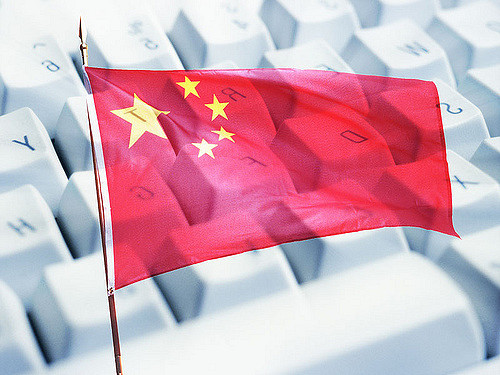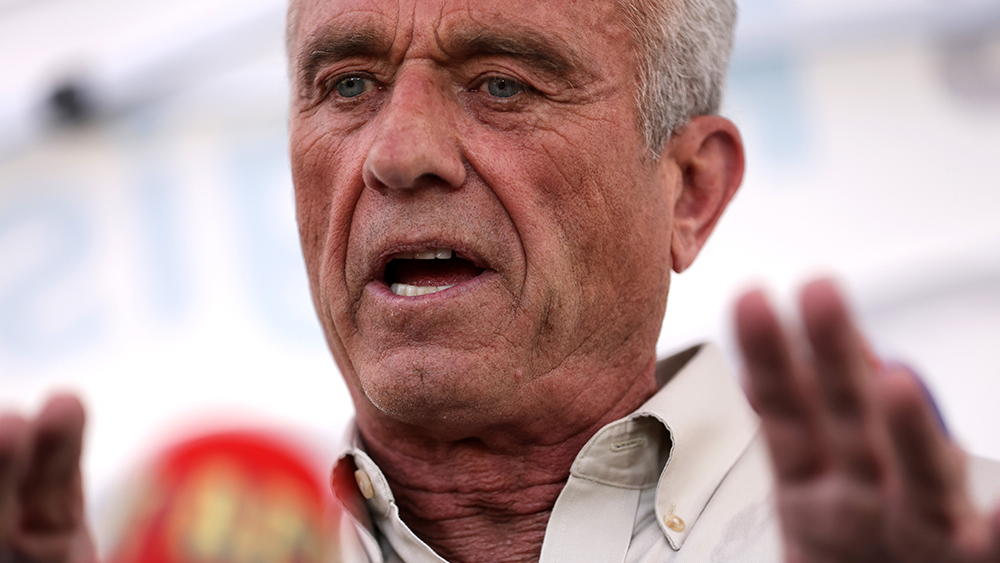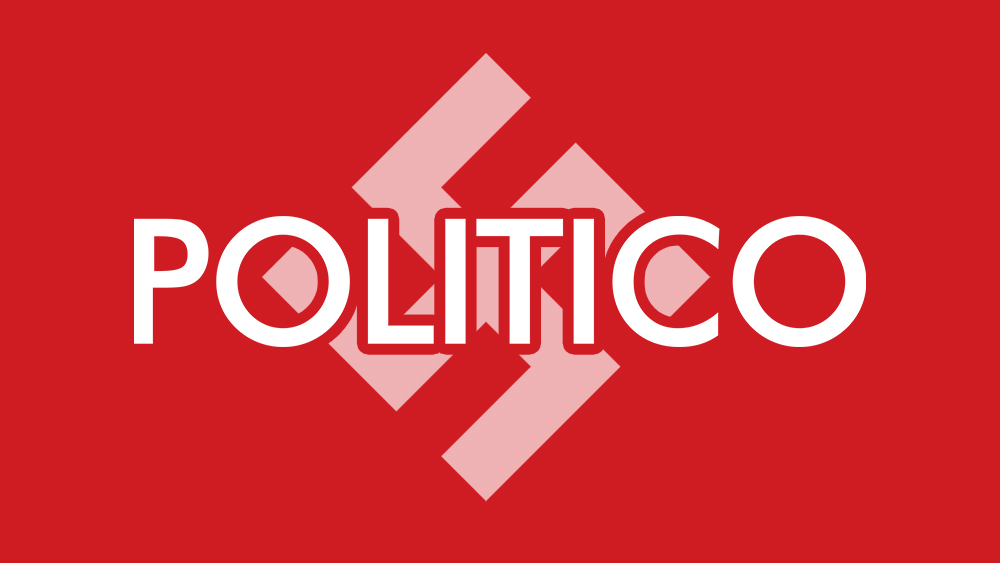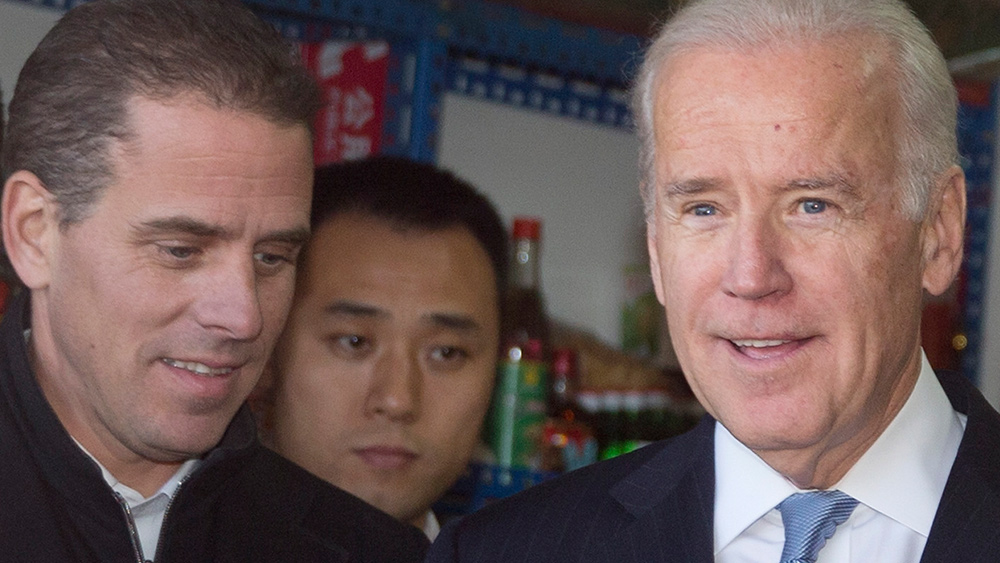US accuses China of pouring BILLIONS of dollars into GLOBAL DISINFO campaign (while the US govt. spews endless lies about everything)
10/03/2023 / By Richard Brown

The U.S. has accused China of pouring billions of dollars into a global disinformation campaign, with Beijing using both illicit and legitimate methods to discredit Washington.
The accusation came in the form of a new assessment issued by the U.S. Department of State through its Global Engagement Center (GEC). The GEC, which released the report, was established to counter propaganda and disinformation. GEC Coordinator James Rubin described China’s ambition to achieve information dominance in key regions worldwide, pointing out that Beijing’s endeavor is backed by significant resources and strategically aims at specific areas.
According to the Wall Street Journal (WSJ), the report underscores China’s collaboration with Russia in reinforcing narratives related to the ongoing Russia-Ukraine war. Beijing amplifies Kremlin-backed claims regarding secret biological warfare laboratories in Kyiv, and echoes Moscow’s allegations of the North Atlantic Treaty Organization instigating the conflict.
It also emphasizes China’s efforts that target developing nations. The GEC report ultimately warns that if unchecked, these disinformation campaigns could reshape the global information landscape and influence governments to align more closely with Beijing.
China often employs various tactics such as investing in satellite networks, intimidating international firms that challenge its preferred narratives and acquiring stakes in foreign media companies to push its narrative. Aside from these, Beijing also orders the publishing of English-language articles authored by fictitious writers in influential local media to promote its narratives. It also exerts diplomatic pressure on foreign universities and newspapers that publish content deemed offensive to China’s interests. (Related: Stanford University ADDICTED to China money)
One clear example of the latter is Beijing entering content-sharing agreements with media outlets in Latin America and Africa, influencing news and information dissemination. The WSJ recounted a 2021 incident where Chinese officials paid an East African newspaper to publish articles favorable to Beijing while concealing their sponsorship.
Beijing relying on online trolls to push its narrative
Outside legitimate methods such as partnering with newspapers, the Chinese government has taken to lawfare. Beijing often takes legal action against individuals or entities critical of Chinese companies and investments, discouraging dissent. But aside from this, the Chinese Communist Party (CCP) often relies on online trolls and bots to manipulate and control narratives on social media and other digital platforms.
Citing a 2017 study by Harvard University political scientist Gary King, the New York-based Council on Foreign Relations (CFR) estimated that two million Chinese internet trolls are churning out 450 million pieces of content each year. In addition, the CCP has also raised an army of more than 20 million part-time “network civilization volunteers” to amplify content favorable to its rule.
Most of the trolls are university students, trained by censorship bureaus and asked to combat “negative” information in their spare time. They average just 19 years old, well-educated, and willing to defend the CCP’s worldview against those who speak against it. Despite this, Georgetown University Center for Security and Emerging Technology research analyst Ryan Fedasiuk pointed out that the trolls are beginning to pose serious threats to economic security, political stability, and personal safety worldwide.
The State Department report also touched on the use of trolls to push disinformation. It also zoomed in on other strategies by Beijing, such as technical censorship, harassment of content producers on platforms like WeChat and “flooding” tactics to manipulate search engine and hashtag results. These tactics aim to make critical content less visible and drown out opposing voices.
The Chinese government has consistently denied engaging in online influence campaigns or disinformation targeting the U.S. or other countries. While China has encountered setbacks in targeting democratic countries due to pushback from local media and civil society, it continues to invest in distorting international dialogue around its priorities, including Taiwan and the South China Sea.
Follow Disinfo.news for more stories about China’s disinformation tactics.
Watch Tiffany Meier of NTD TV talk about China’s information manipulation in the video below.
This video is from the Pool Pharmacy channel on Brighteon.com.
More related stories:
China using social media to sow racial discord in the US.
China tells tech giants to hire more censors – to combat rising dissent.
Disney censors “The Simpsons” episode mentioning forced labor camps in China.
Disney cowers to China, omits “The Simpsons” episode featuring Tiananmen Square.
Sources include:
Submit a correction >>
Tagged Under:
50 Cent Army, big government, China, Chinese Communist Party, communism, communist China, deception, department of state, disinfo, disinformation, faked, Glitch, Global Engagement Center, honest, Journalism, lies, national security, newspaper articles, online trolls, propaganda, truth, Tyranny
This article may contain statements that reflect the opinion of the author
RECENT NEWS & ARTICLES
COPYRIGHT © 2017 MEDIA FACT WATCH




















